
Somebody’s Child
When the earth formed
molten iron sank to its center
to make the core
and drew with it
most of the precious metals.
Gold abides with iron.
There are some veins
and pockets of metals,
also lens-shaped thickenings
and domes in the dark
that lay closer to the surface, however.
The animals don’t care about them
in the same way that people do—
the animals walk above them, swim,
fly, even dig a little at the roots—
they are the trebles
to the bass clef below—
the harmony
of the song of the earth.
People dig,
damn them,
for quite other reasons.
1.8 billion years ago
is the kind of time I can’t really comprehend
except as a puny fact.
My heart, on the other hand,
whispers
once upon a time
to begin the story—
long ago
in waters fresh and salt
a special mud was laid down . . .
. . . in that time the water
was over-bitter with much iron
and little oxygen
In it the first simple creatures swam.
For their feast and mead
they took the warmth of the sun
and made bargain with the world
to spit out from their simple meal
a gift of oxygen into the waters.
The sun was hot
and their feast great
and so they paid well for it.
Clinging, swooning youths they were
sinking in embrace,
the elemental lovers:
the molecules of the oxygen and the iron joined
and lay down together in the mud beneath waves
which prayed over them
in whispers
and laid long smooth sheets over the honeymoon bed.
The sheets frothed and laced
and the song was the old one of the pairing of things,
the kind where the two lovers
so different
now joined in their attraction
make some thing at last
under the weight of time and pressure
that is the gift of the pairing,
that is of them
and beyond them.
It was well done
and so, in this case,
iron ore.
People
so recent
and thickly scrambled in their thinking
go digging up the earth
cooking it
and shaping it
to kill other people—
they dig up an old and venerable tale
an alchemical marriage
and use it to stop hearts.
Bullets
shells
bombs
exploding metal
is mined from simple earths
grown in the dark
then shaped for death
so that the interfering explosion of the refined parts
made bloody rags of the young man
my father taught to read.
He was so young he could only grow a bit of beard
and no mustache.
Once upon a time . . .
he spoke to my father with wonder
of the idea of indoor plumbing,
of his trip across the sea,
and especially of his sweetheart with hair so red
that he lay awake at night
electric with the knowledge
that she had chosen him
and him alone.
My father helped him to write love letters,
to put some poetry to his words
upon paper that would last longer than the boy,
for in a moment
that was with you
all of your days
you saw what in earth would be a field ploughed
to accept seed
was instead flesh
interrupted from its firm rhythms,
its flow and pulse,
churned and planted instead
with the metal that made death.
The boy’s mouth spoke blood.
He looked at you
and you saw his life fall away
from his love’s hair of flaming maples
of ropes of honey fire
on the burning end of a log.
As the light in his eyes dimmed
he sank into your own eyes
as into the water’s deeps
heavy with the weight of unbearable mystery
into your molten core,
and the log burned there
his sweetheart’s flaming hair
that he longed to bury his face in once again
and never would.
You kept hearing his words
and you could not stop him speaking
all of your days.
On reconnaissance
you stepped silent as the grave
behind an enemy guard,
pulled your knife
across his soft throat.
The blood was wet and sticky.
You looked out
over the acres of moonlit trees
whose beauty filled your eyes
even as the enemy soldier
slumped against you
with his full weight
as a lover does.
You cleaned your knife later.
You were all somebody’s children once.
Back in camp
you corrected the map
showing the dangerous places,
the weaknesses
and possibilities
in the pattern of the land,
who filled the buildings
where lay the encampments,
the men
eating, smoking,
sleeping and on watch
the sergeants and boys,
the enemy,
the guns.
Unthinking
incessant
reflexive
you hugged your rifle,
always one hand touching
or else the strap pressing against your chest,
holding the gun’s reassuring weight.
What is this world
where such sensations are small comfort against
the absolute nakedness of flesh
where bullets can pull their fingers through?
You smoked Pall Malls from home
shook a second cigarette from the pack
offered it
and forced a smile
for another boy who needed both.
One of the last smiles he would be given
was a gift from you.
A shell found him the next day.
There was not much left,
and for a long time when you smiled
at some brightness or humor
you felt your mouth
so quickly
and saw him calm with what you had given
and the futility and the human despair of it.
The dead boy was there again
and your mouth was full of ash.
Long before I was born
and long after
in the middle of the night you saw the boys
you soldiered with and cared for,
most I didn’t know about.
You continued to see them
until the end of your days
even unto the morning of your own death,
those boys who lived behind your eyes
in your old heart
repaired and failing,
failed.
Your face before and after the war
was different entire,
brave in both photos—
the first like the surface of water, still,
expectant of the coming storm,
but untroubled, smooth.
In the one after
you stood on a Belgian street—
beneath your helmet
your face
was a pool bottomless,
alive in spite of itself,
this time the stillness carrying dark water
full of the dead.
Oh, the pain that families carry—
that I carry
in telling this story
about my father
and every other father
the dead ones
whose children were unborn
the live ones
whose children
know only the part of their fathers
that the shells did not rupture
the cathedrals of their hearts
with fallen walls
and blackened timbers
the faces of the angels dark with soot
this one’s wing missing
Jesus with his hand raised
in blessing
but the stone of his body
made dust from his belly down
the blue and ruby windows
atomized.
Afterwards when people speak
it is often that they name it The War
no matter which insanity
the civilized world
has collapsed into.
Whenever we went camping
the car carried
my complicated family
composed of treasures and trash
ore and tailings
wonders and junk.
The car carried us
on long summer vacations
filled with adventure
and screaming fights.
We’d leave at dawn
because my father was a morning person
who barked orders and could not understand
how he could “boss 300 men at the factory
and not you two women.”
We two women
did not follow orders.
My mother rolled her eyes and said,
“Oh, Wilson!”
(His Swiss mother named him
after the president
who waged the war to end all wars).
And when we did get out of the house
in the burnt umber station wagon
the sun not too far up
somehow, something was always left behind.
My parents always remembered what they’d forgot
about five miles down the road
at the first stoplight—
I had the spot marked—
“Oh! the coffee pot
Goddamn it!”
(Always the really vital equipment).
Sometimes mom, sometimes dad
made the confession,
there would be an almost erupting fight
halted by a bond
I didn’t understand until years later.
Dad would say
“It’s bad luck to go back,
we’ll go to the hardware store and get one,”
and mom would say
“Yeah, sweetheart, let’s do that,
honey.”
Because one day
a long time ago
somebody my father loved
went back
and that is where the shell found him.
All those boys gone
my father carrying them
my father gone now
and I carrying them all
even the ones he never spoke of.
I know people
children’s children’s children
with the stone and wood
of their grandfather’s churches
temples and mosques
groves and standing stones
erupted and silent
in rubble on their heart’s floor
all those boys
gone.
Love.
Let us learn to dig up love.
Pierce our hearts
with that prime old element
made from iron,
gold, and
blood.
© Kathleen Dunbar
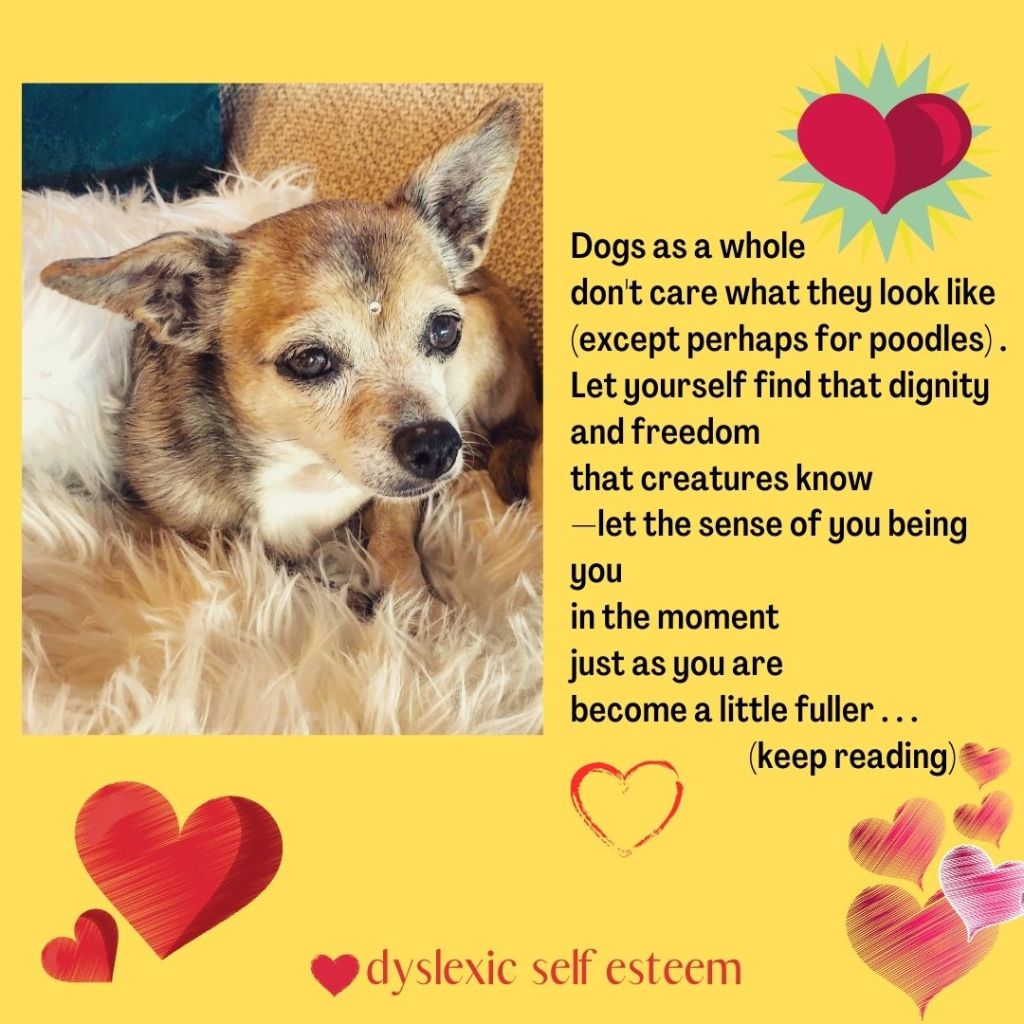

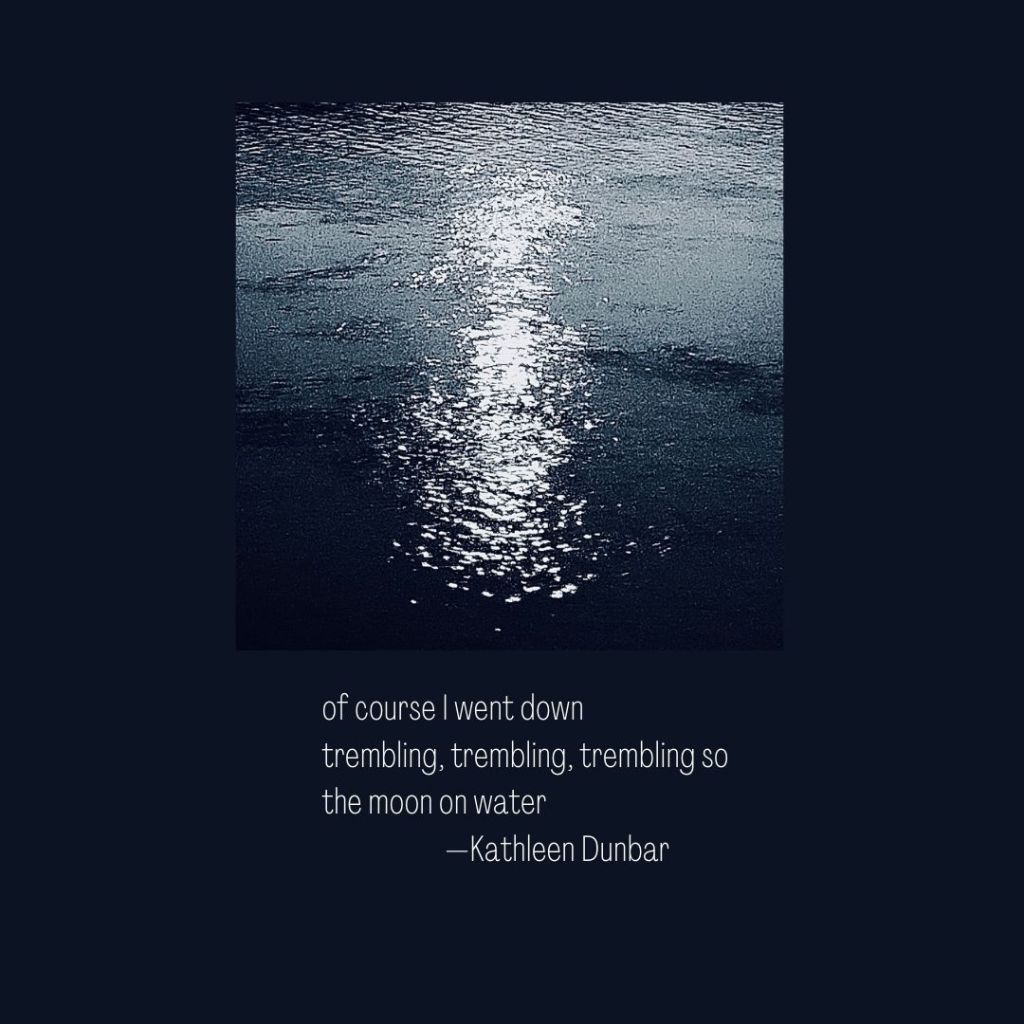
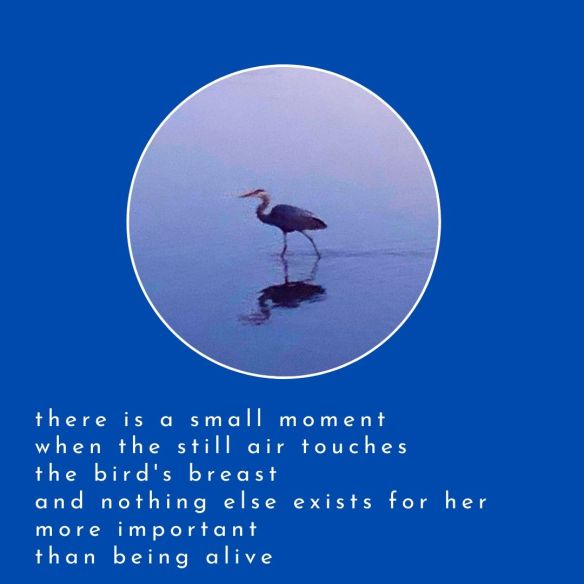
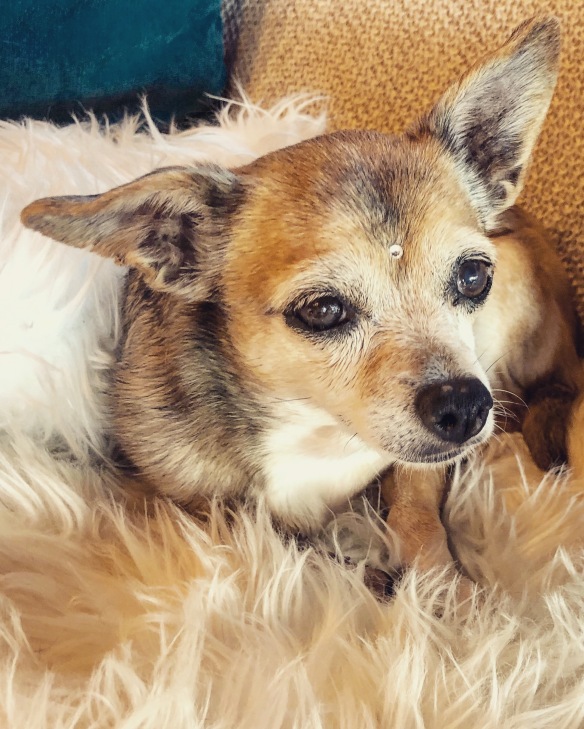
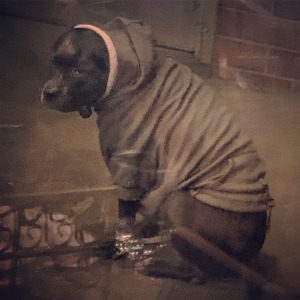





 The Battle
The Battle

